Wärtsilä and partners developing emissions-free barge concept
Green Car Congress
JUNE 3, 2020
By switching from diesel-fueled propulsion to fully electrically powered transport, an important step can be taken towards realizing the Paris Climate Agreement goals. With the help of a 2000 kWh Repack container, an inland vessel can sail for two to four hours. These will be charged using energy from renewable sources.

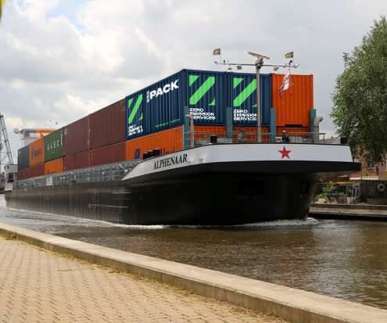






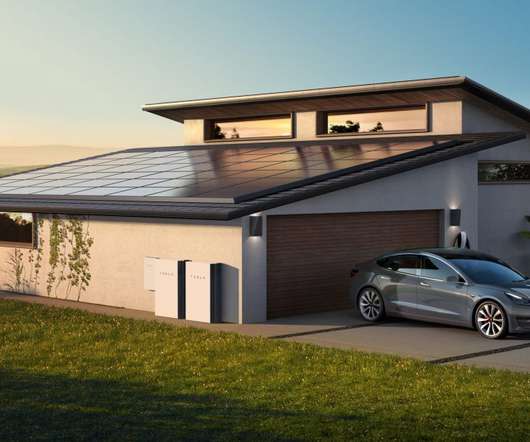




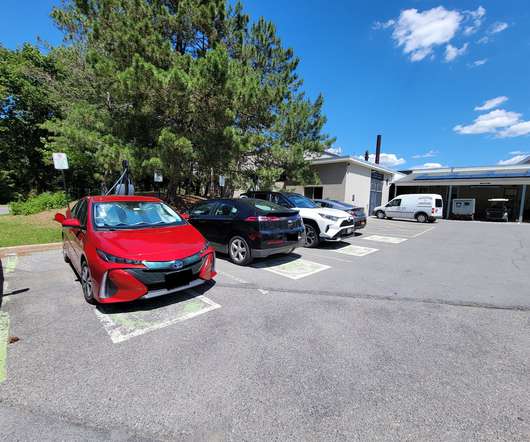





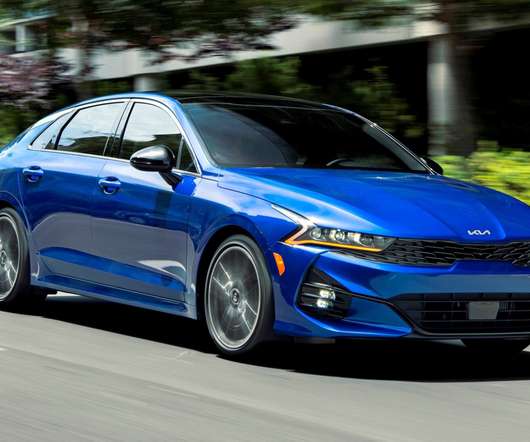







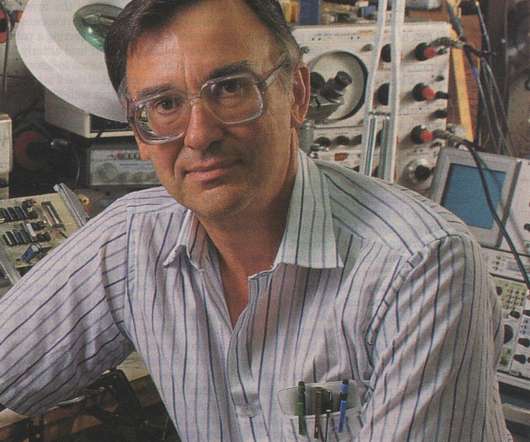


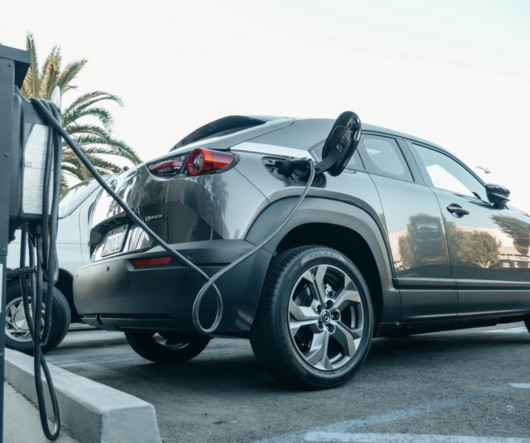
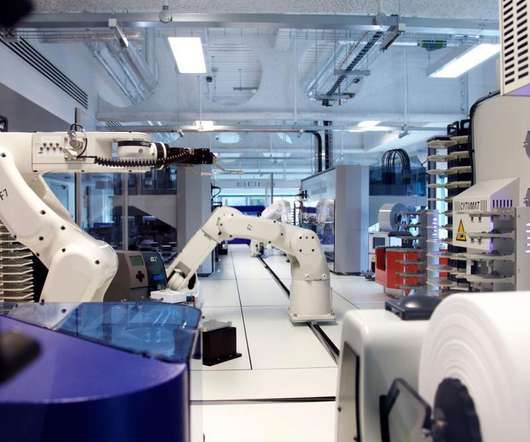








Let's personalize your content